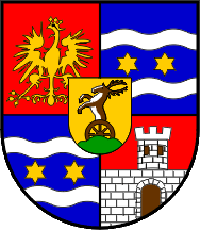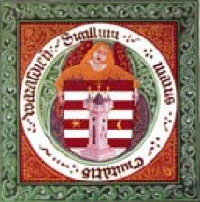The aim of the Conference is to promote the interface of researchers involved in the development and application of methods and techniques in the field of information and intelligent systems. The scientific program includes invited lectures by eminent international experts, contributed papers, as well as events such as poster sessions, workshops, roundtable discussions, hardware and software presentations and book exhibitions. Papers accepted by two independent reviewers will be published in the Conference Proceedings. Selected papers will also be published in a special issue of the Journal of Information and Organizational Sciences (JIOS), an international publication issued by the Faculty of the Organization and Informatics at Varazdin.
Language
The official Conference language is English.
SPECIAL TOPIC
- Knowledge Society and Social Networking
TOPICS OF INTEREST
- Data and Knowledge Bases
- Education for Information Society
- Information and Communication Technologies
- Information Systems Security
- Intelligent Information Systems
- Intelligent Transport Systems
- Software Engineering
- Students papers
Conference Structure
- Invited lectures
- Contributed papers
- Poster sessions
- Workshops
- Roundtable discussion
- Hardware and software presentations
- Book exhibitions
Predrag Janičić - Automated Reasoning: some successes and new challenges
Demetri Kantarelis - Mechanism design and incentives' engineering
Saulius Norvaišas - Emerging Networked Society
Georg E. Schäfer - Major Trends for E-Government in Europe
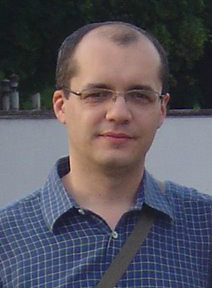
Predrag Janičić
Faculty of Mathematics, University of Belgrade, Serbia
Abstract
In this talk a brief account of the area of automated reasoning will be given. Some modern algorithmic developments and systems will be discussed along with some of their applications, covering a wide range of problems including software and hardware verification, combinatorial and optimization problems, and applications in mathematical and educational software and in formalization of mathematics. The talk will have a somewhat personal perspective, reflecting the research being carried by the speaker and his research group.
Predrag Janičić is an associate professor in the Computer Science Department, Faculty of Mathematics, University of Belgrade, Serbia. He received a doctorate from University of Belgrade in 2001., in the area of automated theorem proving. He worked eight months at the Mathematical Reasoning Group, University of Edinburgh. His main research interests are in automated theorem proving, geometry reasoning, and intelligent mathematical software. He authored or coauthored six books and more than thirty research papers. His research results include results on decision procedures, theorem provers for coherent logic, and a geometry tool GCLC. He is leading the ARGO group (Automated Reasoning GrOup) at the University of Belgrade.
URL: http://www.matf.bg.ac.rs/~janicic

Demetri Kantarelis
Assumption College, USA
Abstract
How well does a mechanism or a social institution (such as market, corporation, government, police force, hospital, school and the like) perform in its communication of information and coordination role? Is information truthful? Do contractors have the incentive to lie and / or disobey? If they do, how can we make them tell the truth and obey? Following Roger Myerson (Nobel Laureate, 2007) and other researchers, my objective in this paper is to illustrate how institutions may be designed or modified to function in an environment characterized by less information asymmetry. Using simple numerical examples and algebra, I show how, in theory, engineering of incentive-compatible constraints may be used to re-design existing markets and give birth to new ones.
Professor of Economics
Department of Economics & Global Studies
Assumption College, 500 Salisbury Street
Worcester, MA 01609, USA
Tel: 508-767-7557, Fax: 508-767-7382
Email: dkan@besiweb.com
Demetri Kantarelis completed his Ph.D. studies in Economics at Clark University (USA) and thereafter spent two years at Harvard University (USA) as a Post-doctorate Visiting Scholar. He is Professor of Economics at Assumption College (USA) and his research has appeared in many academic journals. He has authored Theories of The Firm (3rd ed.), co-authored Essentials of Inferential Statistics (5th ed.) and co-founded the International Interdisciplinary Environmental Association, the Business & Economics Society International and the Frontiers in Immunology Research Network. He currently serves as editor of the International Journal of Economics & Business Research and the International Journal of Behavioural & Healthcare Research. His research interests center around themes that relate to the Theory of the Firm
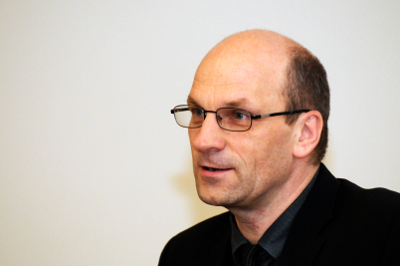
Assoc. prof. Saulius Norvaišas
Mykolas Romeris University, Faculty of Social Informatics Ateities str. 20, LT-08303 Vilnius, Lithuania saunor@mruni.eu
Abstract
In the report will be discussed the similarities between intellectual manifestation of mankind as a whole and a particular human intellectual performance. The origin of human intelligence according to the principle of analogy suggests that similar phenomena of collective intelligence should occur in technologically interconnected society (TIC). We speculate on two main requisites essential for the nascence of a new quality in any big enough social system which we call Networked Society. Appealing to Gödel's incompleteness theorems and R. Penrose investigation in this field we also suppose, that the human intelligence and morality is not replaceable by simulated artificial intelligence fully. Therefore the question related to the transition from enhancing of intellectual capacity in TIC to the emergent (new) quality such as collective intelligence is relevant.
Keywords: Networked society, collective intelligence, phases transition.
Telephone Work (370 5) 2714734; mob. (370 687) 25765
Fax (370 5) 2714 736
E-mail SAUNOR@mruni.eu
Nationality Lithuanian
The Faculty of Social Informatics is the newest, but a very rapidly expanding faculty at the second largest university in Lithuania. The Faculty was established in 2008 and is a part of the continuing modernization strategy of Mykolas Romeris University. Having gone from laser physics to modeling of phenomenon in society, S. Norvaišas, Ph.D., asserts that societal phenomenon in these times in our complex, multi-layer society, is actually necessary. The modeling of social phenomenon - is one of the most perspective spheres of activity, without which neither politicians, nor businessmen can do without. At the Faculty students are taught by, first presenting them with the theoretical fundamentals of a subject and then, working together in anonymous groups, and encouraging them to find the „truth“ for themselves. At the same time, the principle of “wisdom of crowds“ with the help of technology is applied to the process. When applying this technology for study programmes, study quality improves and the learning process doesn’t lose touch with practice. In this way, the whole study process should change because a large part of it could be transferred to a networked environment.
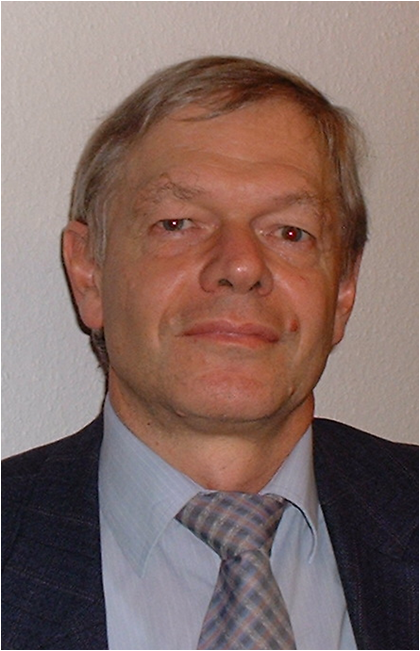
Georg E. Schäfer
Ministry of Interior Baden-Württemberg 70173 Stuttgart, Germany {georg.schaefer@im.bwl.de}
Abstract
After the EU services directive was put into force on December 29th, 2009, the EU became one of the most important drivers in e-Government. A Single Point of Contact (real and in the Internet), several large scale projects like e-document and an e-Government Action Plan are notable activities. The roll-out of the Internal Market Information System to now more than 6.000 competent authorities shows how communication between the European member states is working electronically. EU ranking of e-Government will be changed, as the many EU applications of the ISA-program give all member states similar values. A drawback is the lack of homogenous eID services across Europe. Many member states see a necessity for open government: valuable knowledge bases and a real participation of citizen in an overall transparent political decision making process becomes vital to achieve economic success. The example of Germany shows the advantage of establishing e-Government in the constitution. Across the German states e-Government projects are planned and brought into production. Nationwide standards adopted to EU e-Government standards make development and/or provision of services easier and faster. Further development would be helpful, like e.g. a government cloud for standardized services or an open source office communication product for European citizen to download.
Keywords. e-Government, single point of contact, standards, economic success, open government, transparency, government cloud, open office product line, myths

This work is licensed under a Creative Commons Attribution 3.0 License.
Copyright (©) 2007 - 2015. Faculty of Organization and Informatics. All Rights Reserved.


